
views
CHENNAI: With the Rupee threatening to remain unstable and both the Union government and the Reserve Bank as yet unable to offer a long-term solution to the problem, the common man seems to have no choice but to resign himself to bear the brunt of recessionary trends.Worst hit is the price of food. With rising food inflation, the cost of food items from fruit to baby food has skyrocketed. According to the owner of a retail franchise, the cost of domestically grown apples has gone up to Rs 160 a kg from Rs 139 two months ago. Plums have gone from Rs 125 per kg a month ago to Rs 240 and imported red globe grapes from Rs 325 to Rs 450 a kg. Even the humble green pea, which was around Rs 90 earlier, now costs Rs 120.“While the price of food, especially fruit, rises marginally every summer, we are now witnessing close to 50 per cent spike in prices of domestically grown food products and more than 100 per cent rise in some imported fruit,” said a grocer in the city. “We are forced to raise our prices and the customer is forced to pay.”Prices of other imported items like cheese and some oils are expected to rise by up to 5 per cent. “My supplier has told me that the cost of cheese and oil, which he imports from Belgium, Switzerland and Italy, has risen. I am safe for the moment since I have a supply contract for one year,” said the chef of a five star hotel in the city.According to most vendors with small or medium retail outlets, the price they pay for produce has increased manyfold since the supplier is paying a higher price to procure and transport the produce. “They pass on the increased cost to us and we are forced to pass it on to the consumer,” said a vendor.According to S Sivagnanam, director, Micro, Small and Medium Enterprises (MSME) Development Institute, the fall in the rupee has hit these enterprises hard. “They are being forced to pay a higher rate to bring in goods. Over 95 per cent of small businesses are unable to access affordable, adequate and timely credit and many are financially weak,” he said. Besides food products, MSMEs are involved in the import of products like paper and plastic. “About 60 per cent of MSMEs use imports while 40 per cent are exporters. Only 10 per cent are covered by insurance,” said Sivagnanam, adding that their financial illiteracy was taking a toll.Most importers, especially those with small and medium businesses, feel it is time for the government to intervene and limit the damage. But the recent hike in the price of petrol by `7.50 and the ruling out by Oil Minister Jaipal Reddy of an immediate rollback, makes one wonder which is more scorching — the intensity of the summer sun or the apathy of public policy.












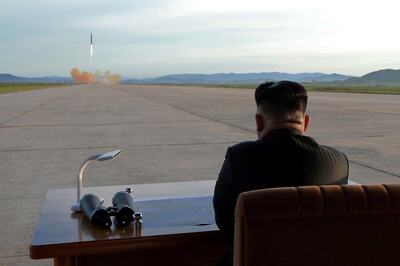
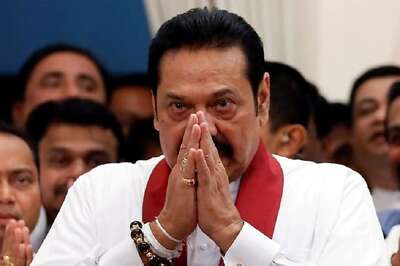
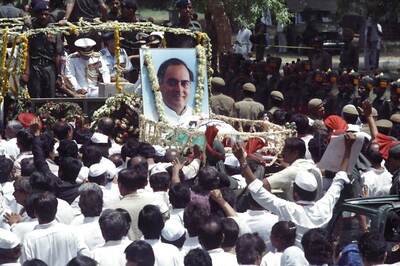
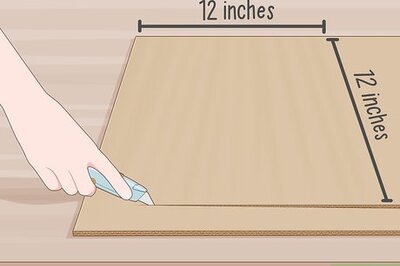

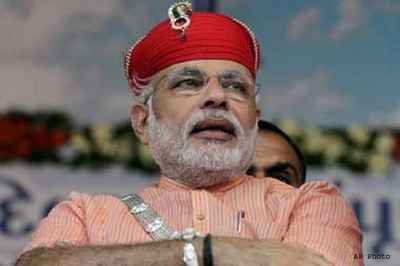
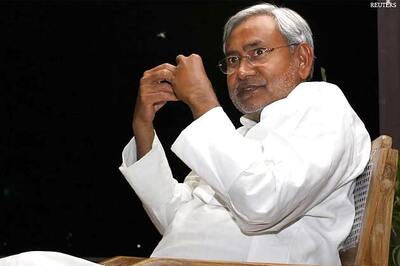
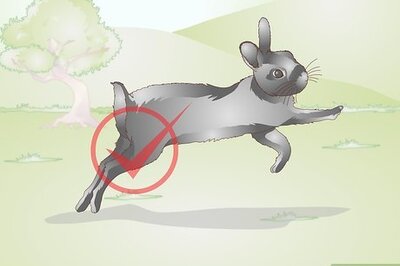
Comments
0 comment